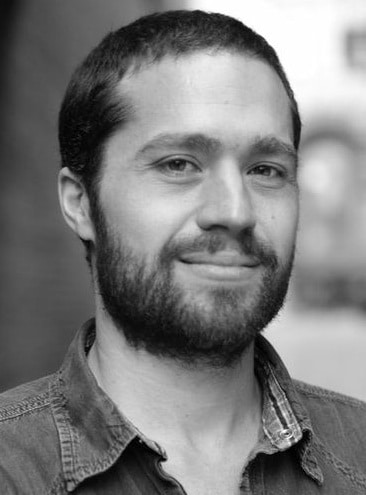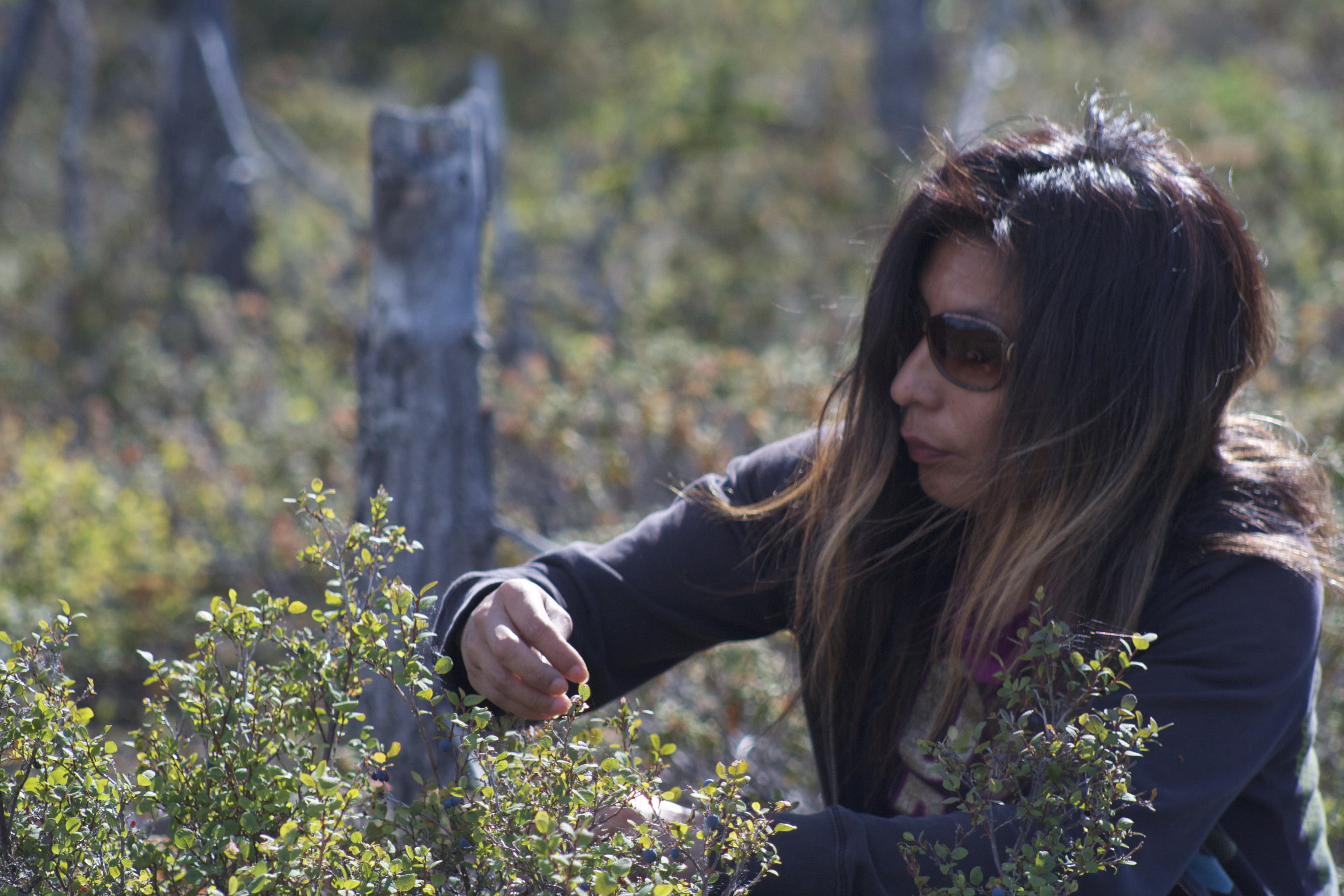On the shore of the Great Slave Lake, the Denes survived more than 100 years of colonialism. Even today, they have to face massive challenges in order to regain pride and the connection to the land. Through encounters with young Denes, this documentary illustrates how they still try to live the Dene way of life. LIVING LIKE THE LAND gives an authentic look at the life of the Dene people, the last indigenous of Canada to deal with the white settlers.
I live in Yellowknife. We prefer to say Denendeh.
But on the map, it says “Northwest Territories.”
This really bothers me, because this is neither our name nor our identity.
Besides, Northwest Territories isn’t a real name:
it’s just a directive from Ottawa.
Dëneze Nakehk’o (the film’s protagonist)
The filmmaker trains his lens on René Fumoleau, 88, who still lives in Lutsel K’é and who played a major role in the Denes’ decolonization struggles and claims; Dëneze Nakehk’o, today director of radio at the Native Communications Society in Yellowknife’s, after working at CBC; Stephanie Poole, an employee at the Implantation Management Program who started a community garden and dreams of greater autonomy for her people; Aileen Drybones, a taxidermist by training raised in the woods by her grandparents, whose trade may now be under threat due to government-imposed restrictions on caribou hunting; Pete Enzoe, a trapper who occasionally works for mining companies that extract diamonds from ancestral lands; and Bobby Drygeese, a man deeply involved in his community who spearheaded a centre to introduce youth and adults to Dene traditions.





